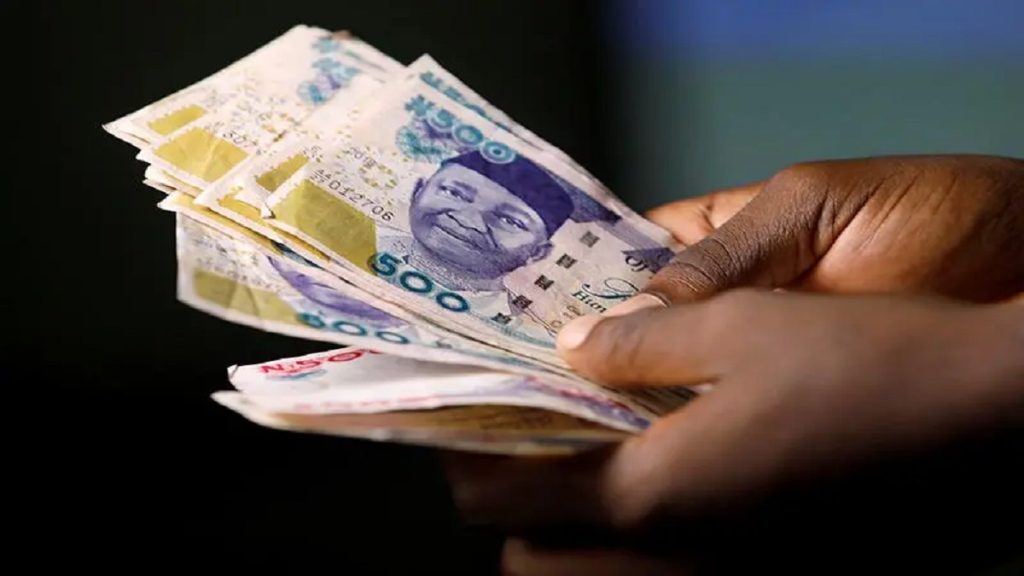The Nigerian naira depreciated against the US dollar in the official foreign exchange market on Tuesday, reversing the gains made just a day earlier, amid a concurrent slide in Nigeria's external reserves.
According to data from the Central Bank of Nigeria (CBN), the naira weakened to N1,545.27 per dollar on Tuesday from N1,544.63 recorded on Monday, representing a marginal depreciation of N0.64.
Meanwhile, the parallel market showed more stability, with the naira maintaining its rate at N1,600 per dollar for the second consecutive day.
"We buy at N1,585 per dollar and sell at N1,600," Abubakar Alhasan, a Bureau de Change operator in Wuse Zone 4, Abuja, told BenriNews on Tuesday.
External Reserves Under Pressure
The currency's performance comes against the backdrop of declining external reserves, which dropped to $37.93 billion as of June 13, 2025, from $38.02 billion recorded on June 11, 2024, according to CBN data.
This slight depreciation follows Monday's appreciation, which had been attributed to a drop in Nigeria's inflation rate for May 2025.
Potential Relief from Oil Prices
Despite the current pressure on the naira, there may be some relief on the horizon. Global crude oil prices have surged, with Brent trading at $75.63 per barrel and West Texas Intermediate crude futures at $74.03 per barrel as of Tuesday.
This price increase could potentially boost Nigeria's foreign exchange earnings from crude oil sales, which remain the country's primary source of foreign exchange.
Analysts suggest that consistent higher oil prices could help stabilize the naira and potentially reverse the downward trend in external reserves if the government can maximize production and export volumes.
Stay updated on Nigeria's economic developments by following BenriNews on our social media platforms:













